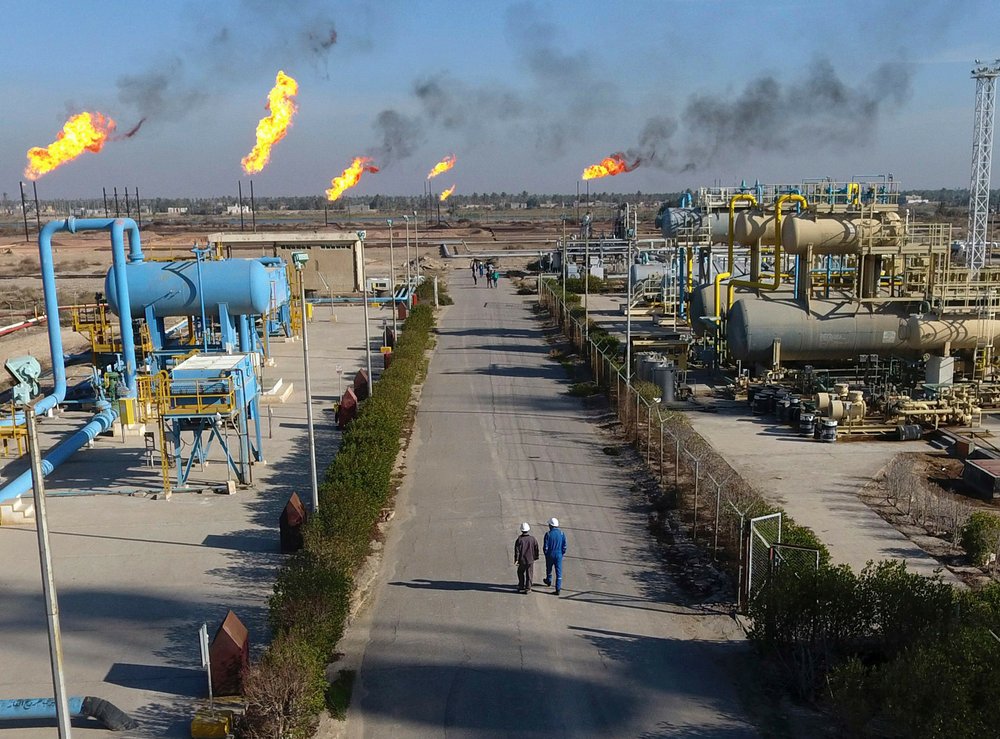In an unprecedented move, the Egyptian Cement Company has officially demanded permission from the Ministry of Petroleum to import either natural gas, diesel fuel, or crude oil from Libya for its new plant in Matrouh.
On 1 August the company sent a letter to the ministry's undersecretary for natural gas affairs, Tareq al-Hadidy, requesting permission to import approximately 160 million square meters of gas to operate its new factory and affiliate power stations.
The planned factory’s production capacity is three million tonnes a year, while building it will cost US$250 million.
In the letter, the company explained that the required quantity would be imported from Libya, then transported by ship, starting August 2012. The imported fuel would be taken to the nearest recycling station owned by the ministry, and then transferred to the Matrouh plant through the ministry’s pipelines (either currently functioning pipelines, or lines expected to be installed within the next two years).
The company said it had also briefed the Supreme Council for Energy on the initiative, but the latter rejected its demands, saying companies should procure their needs independently.
The Egyptian Cement Company said a unified policy should be applied to all high-energy-consumption industries, including steel and aluminium.
Sources at the oil ministry say they are currently studying the best methods for beginning the import of natural gas.
The same sources said refusing requests to import energy or to establish electricity stations will prevent high-consumption plants from being established, which will in turn force the government to import goods, and increase unemployment.
The cement company had an agreement with an electricity station from Finland, with a production capacity of 45 megawatts. It promised, in official letters to the cabinet and the Ministry of Industry and Foreign Trade, to install the required utilities for its project at its own expense.
Translated from the Arabic Edition.




